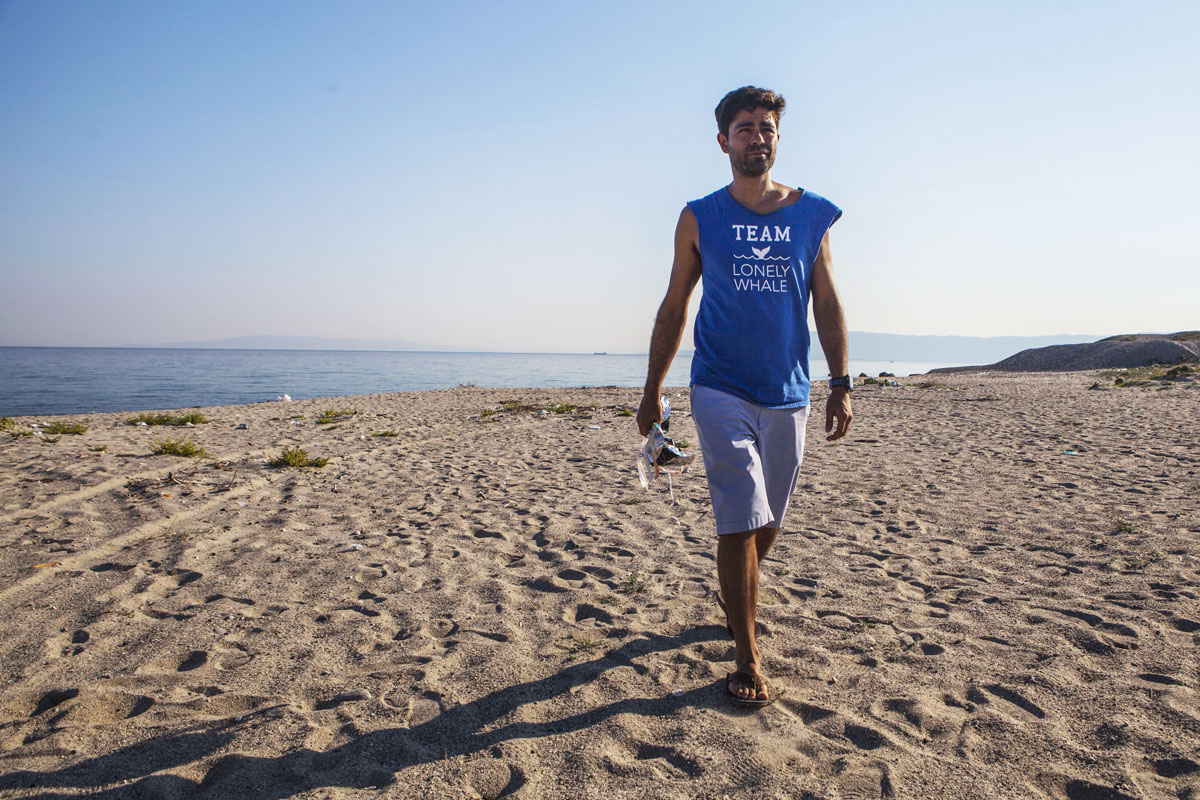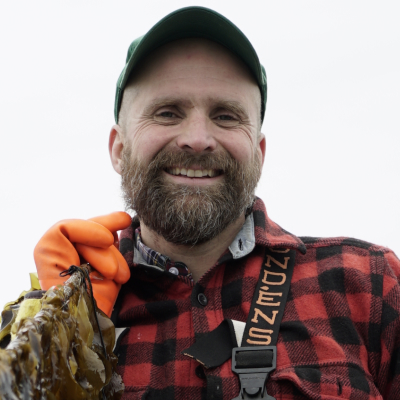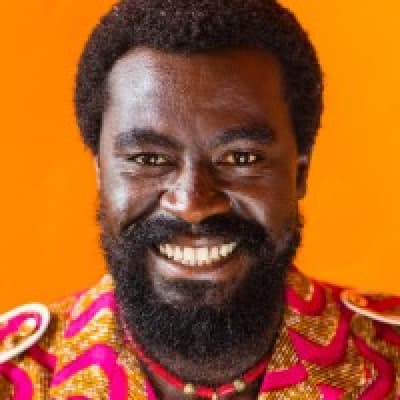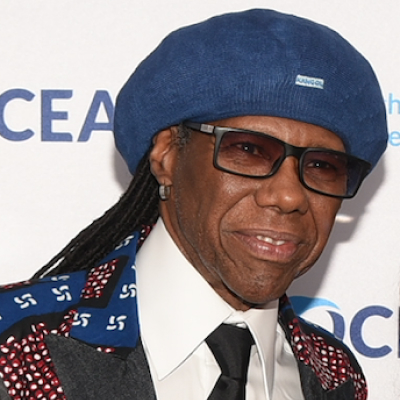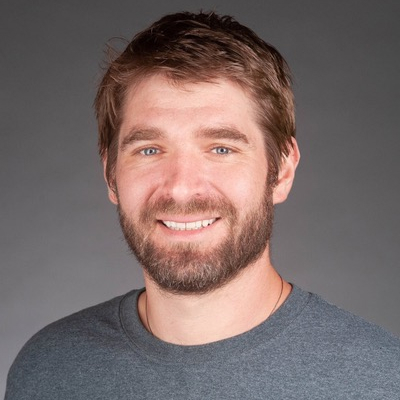Once. Twice. Three times. Over the course of an hour, Adrian Grenier gently but firmly reminds the waiter over and over again to please not bring plastic straws out with the cocktails. Tonight there will be no straws for Grenier, and also none for anyone else hanging out in the back room of a casual Bushwick dive bar, playing chess. In fact, Grenier makes it a point to avoid straws all the time. It’s one of the small lifestyle habits we can each foster that makes a big environmental impact, and Grenier is devoted to being a pioneer for the cause.
“You’ve got to participate in your own way,” he explains. “You just need to normalize it. It’s such an arrogant impulse to think that you can save the world. You do it humbly, you do it faithfully, and you are committed every day.”
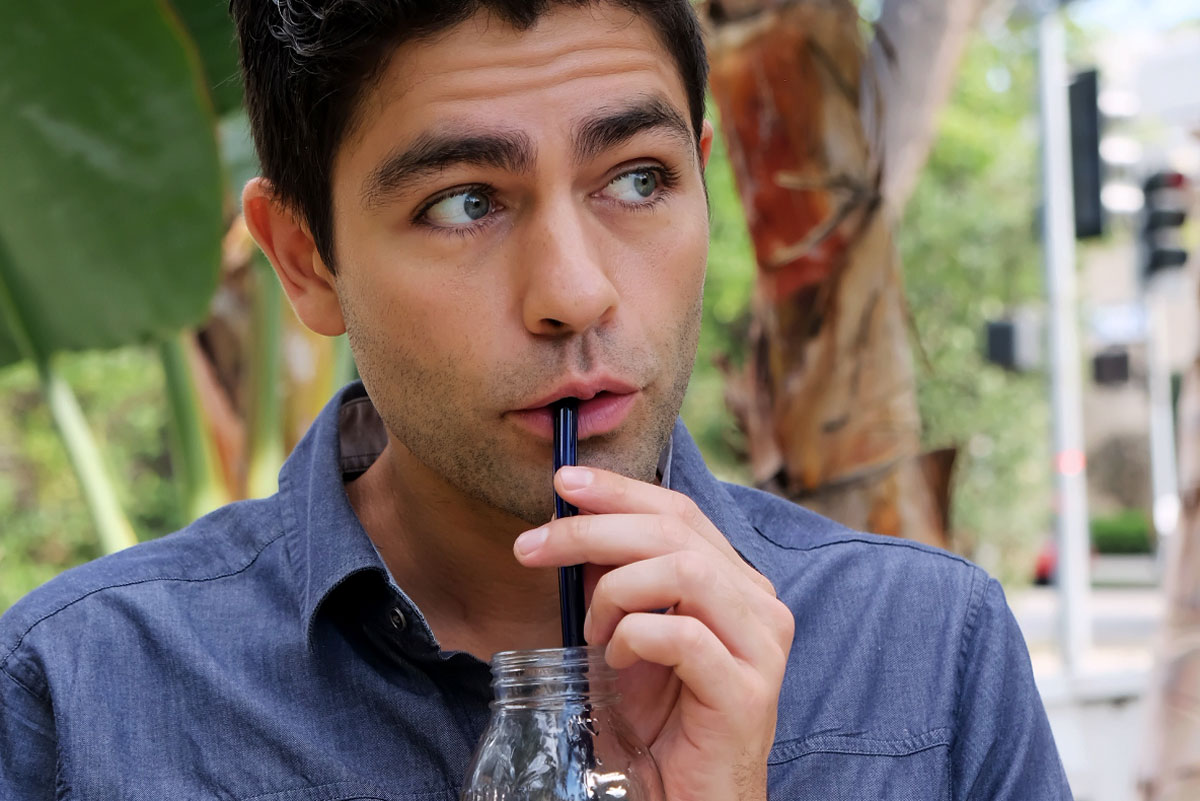
via Emy Kane
Grenier is best known as an actor: he catapulted to stardom with HBO’s Entourage in 2004, and solidified his spot as a millennial heartthrob in The Devil Wears Prada in 2006. But despite those claims to celebrity status, he’s also a genuine activist and environmentalist, a guy who lives by his conscience day in and day out. That means, for instance, a strict ban on plastic straws. That means accepting the challenge of Virgin’s Richard Branson to undertake a 2-mile open-water swim across Italy’s Strait of Messina in late 2016, raising awareness for the oceans. It also means launching the Lonely Whale Foundation in 2015, an organization that collaborates with other environmental groups and develops campaigns to forward the message of ocean protection, including in education programs at the elementary-school level.
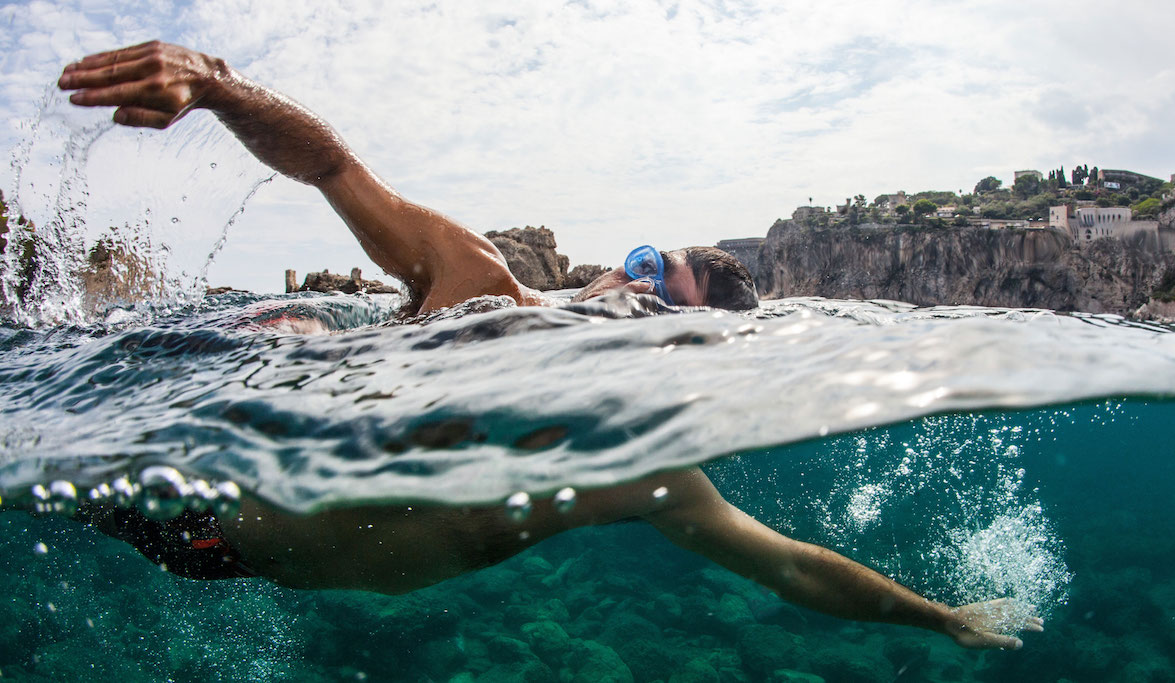
via Lukas Waterman
Grenier, who grew up in New York, was brought up to be an engaged citizen. He looks back to his mother for giving him a sense of connectivity to the environment from the start.
“She taught me to respect myself and to help and support others, and to create an environment for myself that is healthy and clean, within which I can work and play. It started as basic as cleaning my room,” he says. “As you get older it expands outward from your myopic little space.” Learning about his Native American heritage further informed his understanding of human and environmental interconnectivity. And although he’s been actively contributing his time and starpower for years to organizations like charity:water and Oceana—even getting “extreme” with his personal recycling, as he puts it—he finally found a focus in the cause of oceans. That’s because he realized just how neglected the oceans were as part of our human-industrial ecosystem, and just how important they are for planetary health.
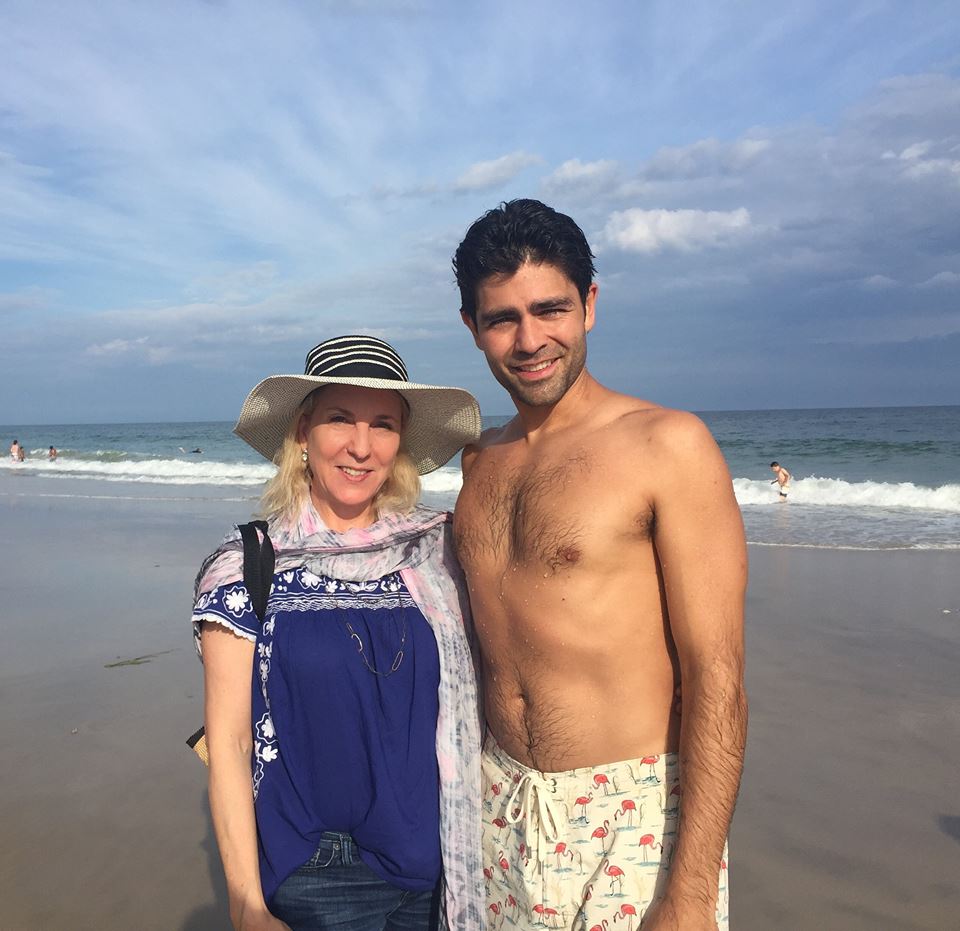
Musings Editor-in-Chief Susan Rockefeller with Adrian Grenier
“The oceans are my boss,” he explains. “They’re so abstract, they’re so vast, they’re so out-of- sight out-of-mind, that we have a hard time really understanding them.” In fact, when he was young, even Grenier didn’t truly realize that his hometown of New York is technically a coastal city.
“I believed that I lived in a concrete jungle,” he laughs now.
Society has a way of isolating us from the natural world. Pour a bunch of concrete, pretend like we have dominion over the natural elements, until nature fights back and there’s a natural disaster or there’s climate change—and that puts us in our place pretty damn quick.
When he was training for his big swim this year on a visit to Singapore, he was baffled by the lack of attention paid to the harbor city’s own surrounding sea. He had a tough time finding someone to take him swimming in the open water; locals were too scared of the health risks. The apathy of citizens to their own environment was painful for him to see.
“I said, ‘You know what, if it’s polluted and I catch something, if I die, let me be a martyr for the cause… Why aren’t people out in the streets saying, ‘Give us back our ocean?’ Why aren’t businesses who are passing through the port paying to make sure they’re not messing it up? It’s yet another example of how industry and money overrides the quality of our lives,” he says now. The best way to combat that indifference, he believes, is to normalize engaging in the humdrum task of daily political and environmental participation. From skipping the beverage straws to making sure to vote in local elections and calling up congresspeople regularly, he’s trying to set an example of ongoing participation, even if it’s not a splashy activity.
“A lot of our media and celebrity generation has taught us that we have to have the biggest, the most famous, the most bottles, the most models, the most whatever,” he muses. “So people check out. The whole road in between is lost. I don’t need to make the biggest impact. I just need to participate.” That support-system philosophy is embodied in the work of the Lonely Whale, too, which focuses on engagement and awareness campaigns, including a K-5 education module at a Chicago inner-city school to prepare future citizens for ocean-minded lives. There’s also an upcoming campaign to help everyone from restaurants to individuals in the attempt to go strawless.

via Emy Kane
That said, Grenier isn’t separating himself from his career as an actor; he just sees his role in entertainment as helping to tell stories that are uplifting, or righteous, or that take some of the weight off of the big stuff we deal with daily. (The fun he had with Entourage, he says, taught him to be less serious—which is a good thing.)
“You have to give yourself a break,” he insists.
“You can’t do the good work, you can’t sustain that work over your whole entire life if you don’t take care of your mental health, and your emotional health, and your physical health so you can have the endurance to do a lifetime’s worth of work.”
Like the chess games he loves to play, environmental activism is a matter of patience, strategy, and respect for the rules of engagement. It’s a slow, incremental process that Grenier seems comfortable to play a supporting role in—for now. In the meantime, the advice to all of us starts small: just don’t use plastic straws.

